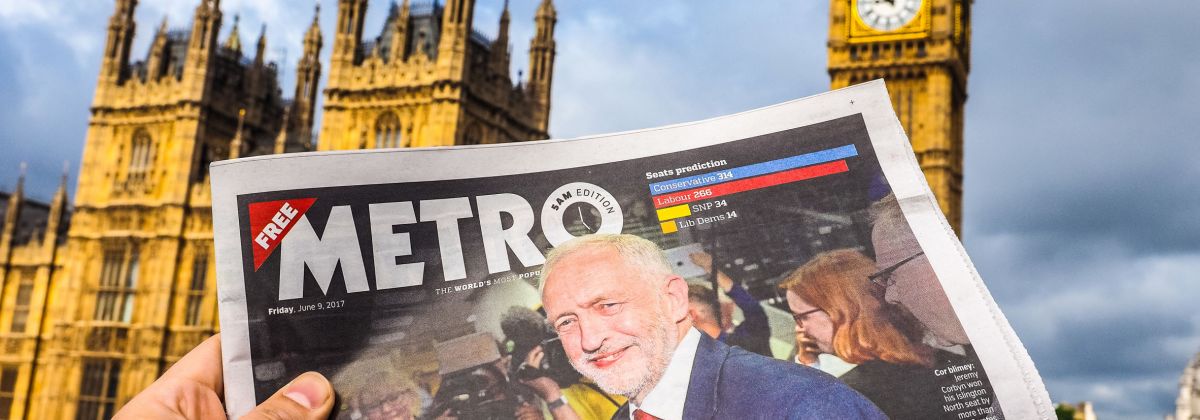Labour’s immigration policy is a threat to the country’s future

By Lord Green of Deddington, Chairman of Migration Watch UK
Conservative Home, 25 November 2019
Concealed in Labour’s election manifesto is a threat to the future of our country. No, not Brexit and all that, but a threat to the whole scale and nature of our society which stems from the immigration policies underlying their document.
These policies have three aims. First, to strengthen their position with the ethnic communities who are increasingly important electorally. Nowadays, about one third of children born in England and Wales have at least one foreign born parent. The growing ethnic part of our electorate is made even more powerful by the custom of some communities to vote en bloc as advised by their “community leaders”. This, of course, hugely increases their influence with individual MPs. If and when we leave the EU, non-EU migrants will find themselves on a level playing field with those from the EU. That is reasonable enough, but the effect is likely to increase the proportion of migrant workers from the third world where pay, even for skilled workers, is often much lower than in the UK. We can also expect that applicants will be encouraged in many cases by relatives who are already here..
Second, Labour’s commitment to ending the “minimum income requirements which separate families” will also play a role. At present, someone wishing to bring in a spouse must have an income of £18,600 per year. This is a vital safeguard designed to ensure that those who wish to bring partners to the UK can support them and their children. Doing away with it could drive an unprecedented influx from poorer countries with serious consequences for efforts to achieve better integration within our society. It could also lead to pressure on young people in the UK to marry a cousin from their home country so as to bring a relative to Britain. Of course, not all immigrants vote Labour but a high proportion of them do. Recent research suggests that it is our membership of social groups which is often the most important indicator of how we will vote.
Third, the manifesto seeks to encourage feelings of alienation by repeated references to the “shameful Windrush scandal”. This was indeed an unfortunate chapter but it took place under both Conservative and Labour governments. It was not intentional by either. Rather, it was the result of granting rights to Commonwealth citizens without actually recording individually those who were entitled to benefit. This was a bureaucratic cock-up, not a politically motivated operation of any kind.
In the longer term, the aim of the hard left is to increase the size of the ethnic community so as to cement left-wing power. This, indeed, was the original purpose of Labour’s immigration “reform” under Tony Blair. One of Blair’s speech writers wrote subsequently that “it (the expansion of immigration) didn’t just happen: the deliberate policy of ministers from late 2000 until at least February 2008, was to open up the UK to mass migration. He went on to say that “I remember coming away from some discussions with the clear sense that the policy was intended – even if this wasn’t its main purpose – to rub the Right’s nose in diversity and render their arguments out of date.
Now it turns out that Labour, under pressure from their extreme left-wing movement “Momentum”, are travelling down that path. Indeed, some projections show that the census category “White British” will be a minority in England and Wales in about 50 years from now. Whether or not that happens depends on getting a grip of immigration very soon and before the political power of migrant communities becomes such as to wedge the door open. Do the public really want such an outcome involving a very large increase in our population and a huge change in our society?
